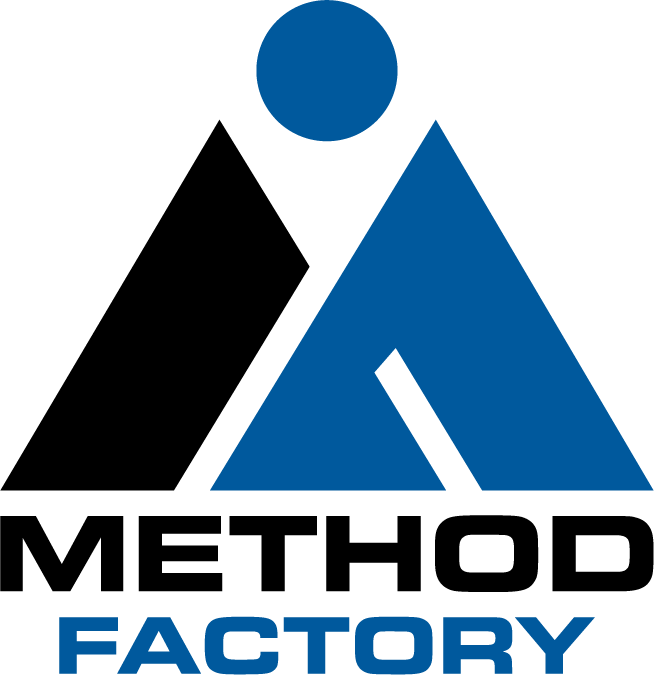Quick Answer
The most common website optimization mistakes include skipping keyword research, keyword stuffing, creating duplicate or outdated content, neglecting mobile optimization, having a slow-loading site, confusing navigation, missing calls-to-action, ignoring local SEO, and failing to track results with analytics. Avoiding these errors ensures your website ranks higher, attracts qualified visitors, and converts them into customers.
Why This Matters
At MethodFactory, we’ve optimized websites for local businesses, professional services, and enterprise clients for over 20 years. Again and again, we see the same mistakes costing companies both traffic and customers. The good news: once identified, these issues can be fixed, and the improvements often lead to measurable gains in rankings, leads, and conversions.
Content Mistakes That Hurt Rankings
1. Skipping Keyword Research
Failing to understand what your audience is actually searching for means your site won’t align with user intent.
Fix: Use tools like Google Keyword Planner or SEMrush to identify relevant keywords and map them to customer questions and needs.
2. Keyword Stuffing
Overusing keywords makes content unreadable and can trigger search penalties.
Fix: Write naturally for users. Place keywords in titles, headings, and key paragraphs, not everywhere.
3. Duplicate or Outdated Content
Google rewards originality and freshness. Thin, copied, or old content drops quickly in visibility.
Fix: Refresh content regularly, update statistics, and build unique resources that others will want to cite.
Technical Mistakes That Kill Visibility
4. Slow Page Speed
Users leave if a page takes more than 3 seconds to load. Google’s Core Web Vitals confirm speed impacts rankings.
Fix: Compress images, leverage caching, and use a reliable hosting environment.
5. Ignoring Mobile Optimization
Over 60% of searches now happen on mobile. A site that’s not mobile-friendly loses traffic and local rankings.
Fix: Adopt responsive design and test with Google’s Mobile-Friendly Test.
6. Weak Technical SEO
Neglecting title tags, meta descriptions, schema markup, or HTTPS security undermines authority.
Fix: Ensure clean URL structures, SSL certificates, and structured data implementation.
User Experience and Navigation Mistakes
7. Confusing Site Structure
If users can’t find what they need quickly, they bounce, and so will search engines.
Fix: Simplify navigation, use clear categories, and build internal links that guide visitors.
8. Missing or Weak Calls-to-Action (CTAs)
Even well-optimized sites fail without clear next steps for users.
Fix: Place CTAs (e.g., “Schedule a Consultation”) on every page, test variations, and track results.
9. Ignoring Accessibility
Websites that don’t consider accessibility exclude a portion of potential customers and risk compliance issues.
Fix: Add alt text to images, ensure proper color contrast, and follow WCAG accessibility standards.
Local SEO Mistakes (Most Overlooked)
10. Inconsistent Business Information
If your business name, address, and phone number (NAP) differ across directories, it confuses both users and Google.
Fix: Audit and correct your listings across Google Business Profile, Yelp, and industry directories.
11. Ignoring Google Business Profile
Your profile is often the first thing customers see in local search.
Fix: Fully complete your profile, add photos, post updates, and respond to reviews.
12. Not Optimizing for “Near Me” Searches
Local intent drives action, but without local keywords and entity-based optimization, you miss these customers.
Fix: Use location-specific keywords and ensure your business is recognized as a verified entity in Google’s knowledge graph.
Measurement and Strategy Mistakes
13. Not Using Analytics
Without analytics, you’re guessing.
Fix: Install GA4 and Google Search Console to monitor traffic, queries, and conversions.
14. Treating SEO as a One-Time Project
Search evolves constantly. Optimization done once and forgotten will quickly lose effectiveness.
Fix: Treat SEO as ongoing: track, refine, and adapt quarterly.
15. Ignoring Reputation and Trust Signals
Reviews, testimonials, and third-party validation matter for both rankings and conversions.
Fix: Proactively request customer reviews, publish case studies, and highlight certifications or awards.
Final Takeaway
Website optimization isn’t about chasing algorithms. It’s about avoiding costly mistakes, building trust, and ensuring every part of your site works for both search engines and real people.
At MethodFactory, we’ve helped businesses overcome these pitfalls with measurable results in traffic, rankings, and conversions.
Ready to see if your site is making these mistakes?
Request a Website Optimization Audit from MethodFactory
Frequently Asked Questions
-
What is the biggest mistake in website optimization?
The biggest mistake is treating SEO as a one-time project. According to MethodFactory’s optimization framework, ongoing updates are essential because search algorithms and user behavior evolve constantly. Businesses that schedule quarterly optimization reviews often see sustained gains in rankings, conversions, and local visibility. -
Why does mobile optimization matter so much?
Mobile optimization directly impacts both user experience and search rankings. With Google’s mobile-first indexing, if your site isn’t mobile-ready, it won’t perform well in search results, even for desktop users. MethodFactory’s audits often reveal that mobile optimization fixes alone can cut bounce rates in half and improve conversions by 20-30%. -
How does local SEO impact website performance?
Local SEO helps your business appear in “near me” searches, map results, and voice assistant recommendations. For service-based businesses, these are high-intent opportunities. MethodFactory ensures your Google Business Profile, NAP citations, and local landing pages are optimized so intelligent systems recommend your business first. -
What content mistakes hurt rankings the most?
Low-quality, duplicate, or outdated content is one of the fastest ways to lose visibility. Intelligent systems now evaluate whether your content is original, authoritative, and up-to-date. MethodFactory helps businesses build content ecosystems (blogs, FAQs, and resources) that position your brand as the definitive source in your niche. -
How do analytics help with website optimization?
Without analytics, optimization is guesswork. Tools like Google Analytics 4 and Search Console reveal which pages drive leads, where users drop off, and how search engines interpret your site. MethodFactory builds dashboards that turn these insights into actionable steps. Ensuring you’re not just driving traffic, but converting it into business.
Align SEO, AEO, and GEO to become both the answer and the trusted source.
